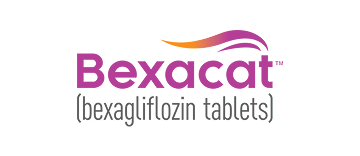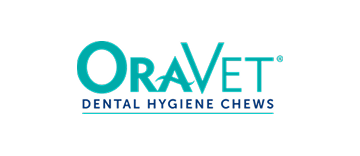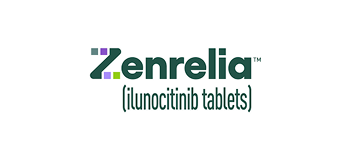Cats and dogs are naturally curious, so when you start a garden in their outdoor space, they’re sure to take notice. By using pet-safe products, you’ll have peace of mind when they frolic through the flowers or sample your organic produce.
Choosing Pet-Friendly Mulch
Almost any mulch can become a hazard if your pet tends to chew foreign objects. Wood mulches are generally not toxic, but they can cause splinters, gastric perforations, and blockages if your pet chews or eats them. Even gravel can be a choking hazard for some animals.
Cocoa bean hulls are a popular mulch alternative, but they contain small amounts of theobromine, the chemical compound found in chocolate that’s toxic to dogs and cats. While it’s unlikely for your pet to consume enough mulch to suffer toxicity, it can happen, and the hulls can pose a choking hazard.
Unfortunately, there are few good alternatives to mulch made of organic materials. You can use landscape fabric to keep weeds from growing, but it doesn’t have the same nutritional benefits for your plants as other options. Cardboard or newspaper scraps can work, and they’re less likely to cause issues if chewed or ingested by pets.
If you use mulch and your dog is known for indiscriminate eating, you’ll need to supervise them outside and/or use a physical barrier to keep them out of your garden.
Is Fertilizer Toxic to Dogs and Cats? It Depends.
When using any type of fertilizer on your lawn or garden, it’s best to allow the product to absorb into the soil before letting your pet roam. Some fertilizers can burn skin or irritate the eyes, nose, or throat if your pet walks through a freshly fertilized garden. Liquid fertilizers are no longer a hazard once they have dried. When it comes to granules, it’s safe to let your pets into your garden about 24 hours after watering or after a rainfall.
There is not much of a chance of your pet getting poisoned by fertilizer if they walk through your garden and lick their paws. Once the fertilizer has been spread out over your garden, it’s unlikely for your pet to consume enough to cause toxicity.
But if your pet gets into an open bag of fertilizer, they can easily eat enough to cause a medical emergency. The primary concern is gastric impaction. Some fertilizers contain toxic ingredients like weed killers or pesticides.
Natural, organic fertilizers are generally safe for pets, but they’re more likely to be consumed. Many are made of manure, blood meal, bone meal, and other ingredients that your pet may find tasty. Eating large amounts of blood meal can cause iron toxicity. Bone meal can form a gastric obstruction. Some dogs can develop pancreatitis after over-indulging in organic fertilizer.
Symptoms of Toxicity in Pets
If you suspect your cat or dog has eaten something toxic, it’s best to seek veterinary care right away, rather than wait to see if they show any symptoms. Severe toxicity can often be avoided if your pet receives care within 30 minutes of ingestion. By the time you notice symptoms, it will likely be too late for your vet to induce vomiting.
Signs of toxicity include:
- Vomiting
- Drooling
- Lethargy
- Seizures
- Excessive thirst
- Pale or abnormally colored gums
If it’s too late to induce vomiting, your veterinarian will need to treat your pet to relieve symptoms and improve chances of a good prognosis. Treatments for toxicity may include fluid therapy, antiemetics, seizure medication, and activated charcoal. Call your veterinarian, emergency vet clinic, or pet poison helpline as soon as you realize your pet may have ingested something toxic in your garden. Do not attempt to induce vomiting unless under the guidance of a veterinarian to avoid unnecessarily putting your pet at risk for aspiration pneumonia or damage to the esophagus.
Which Plants are Safe for Pets?
Just about any plant can be harmful to your pet if they consume a lot of it. Pieces of leaves, stems, vines, and branches can cause choking or mild gastrointestinal distress, but they can also potentially bind in the digestive tract and cause an obstruction.
Grapes, onions, and garlic are all toxic to cats and dogs. Most other fruits, vegetables, and herbs are generally safe. Keep in mind that native plants like milkweeds, wild onions, and autumn crocuses, as well as certain types of wild mushrooms can be harmful to animals.
Daffodils, lilies, and foxgloves are some of the most common garden flowers that are toxic to animals. When adding a new plant species to your garden, it’s best to double-check that it’s not toxic.
Popular plants for pet-friendly gardens include catmint, catnip, black eyed susans, roses, hibiscus, sunflowers, jasmine, cosmos, hollyhocks, pansies, and petunias. Strawberries, blueberries, and other berries are great for sharing with your pets. Naturally, gardens are best enjoyed together, so if you’re not sure if you can trust your cat or dog around your plants, just supervise them while they’re outside.











































